Struggling to choose the right aluminum alloy for your casting project?
Selecting the wrong alloy result in defects, lower strength, and increased costs—ultimately impacting the performance of your final product.
In this article, we’ll guide you through the essential factors to consider and recommend the best aluminum for casting, ensuring your project is a success.
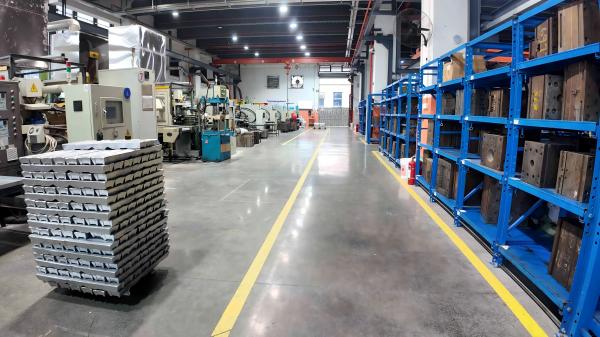
Not sure which factors are most important when choosing aluminum for casting?
The right material impact everything from strength and durability to surface finish and producing efficiency. Making the wrong choice lead to costly defects and rework.
To make the best decision, you need to focus on properties like material strength, corrosion resistance, fluidity, and cooling rate.
When selecting an aluminum, several factors should be considered. Strength is crucial to ensure the aluminum withstand the stresses of your application, especially in industries like automotive or aerospace. Corrosion resistance is another key factor, particularly for products exposed to harsh environments. For example, materials like 356 offer good resistance to corrosion, making them ideal for outdoor applications. Fluidity refers to the aluminum's ability to fill the mold cavity during casting. Alloys with higher fluidity are suitable for intricate designs and complex shapes. Lastly, consider the cooling rate—the materials should solidify at a rate that minimizes defects like shrinkage porosity.
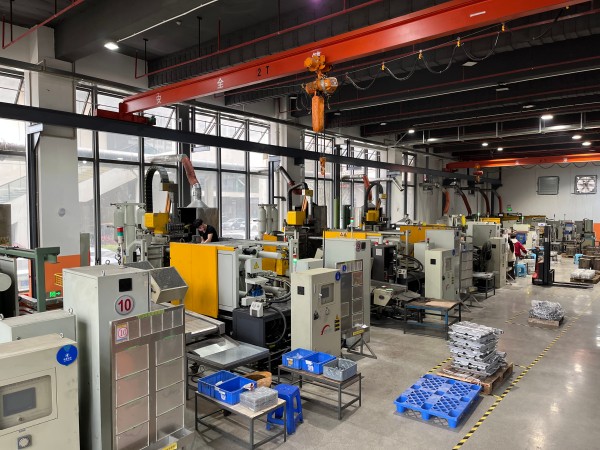
Confused by the variety of aluminum alloys available for casting?
The wrong material compromises your project, leading to performance issues or production delays.
Let’s break down the most commonly used aluminum and help you understand their specific benefits.
Several aluminum are commonly used in casting, each with distinct properties that make them suitable for different applications:
356 Alloy: One of the most widely used aluminum casting, 356 offers excellent strength, good casting properties, and resistance to corrosion. It is often used in aerospace and automotive applications.
380 Alloy: Known for its good fluidity and strength, 380 is the go-to alloy for die casting and is commonly used for automotive parts, appliance housings, and electrical components.
413 Alloy: This alloy offers superior strength and is highly resistant to wear, making it ideal for automotive and industrial applications, especially where high-pressure casting is required.
A356 Alloy: Known for its excellent characteristics, A356 is often used for lightweight, high-strength applications in industries like aerospace.
The most common aluminum include 356, 380, and 413. Each alloy offers unique benefits, such as strength, fluidity, and corrosion resistance, making them suitable for various applications.
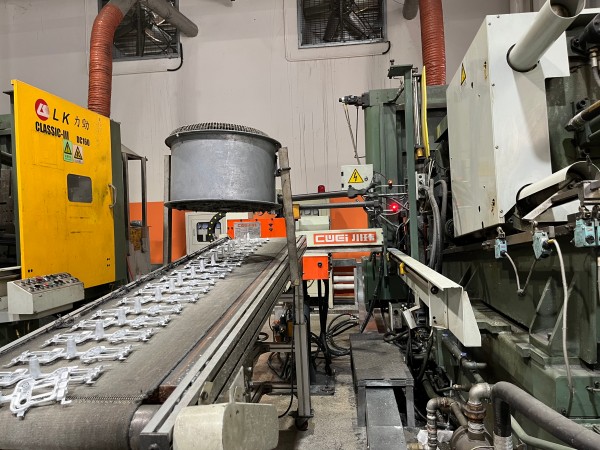
Unsure how your method affects your choice of aluminum?
The wrong alloy cause issues like poor surface finish, porosity, and strength inconsistencies, depending on your method.
Understanding how different methods impact alloy performance will ensure you select the right material for your process.
The method you use plays a major role in determining the best aluminum. Here are some key techniques and how they affect alloy selection:
Die Casting: This process requires material that have excellent fluidity, low shrinkage, and high strength. 380 alloy is a popular choice due to its high fluidity and ability to fill intricate mold designs. Alloys with low shrinkage, like 356, are also favored to avoid defects.
Sand Casting: It is less precise than die casting but handle more complex shapes. Such as A356 and 319 are used for their good properties and resistance to porosity, ensuring a strong, durable product.
Permanent Mold Casting: This method uses reusable molds and typically requires alloys that provide a balance between strength and ease of casting. A356 and 319 are commonly used in permanent mold due to their resistance to cracking and excellent surface finish.
Different methods, such as die, sand, and permanent mold, require specific aluminum. For example, materials like 356 and 380 are best for die casting due to their fluidity and low shrinkage.
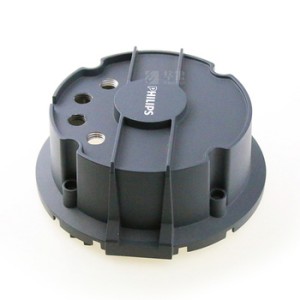
Looking for high-performance aluminum for automotive or aerospace applications?
Automotive and aerospace industries demand alloys with exceptional strength-to-weight ratios, heat resistance, and durability.
Let’s explore the best material for these industries, ensuring you choose one that meets the demanding standards of performance and reliability.
For industries like automotive and aerospace, the choice of aluminum is critical to achieving performance, lightweight construction, and durability.
319 Alloy: Commonly used for automotive applications, 319 offers great casting ability and strength, making it ideal for engine components, transmission housings, and other structural parts.
356 Alloy: Widely used in aerospace, 356 offers high strength, excellent corrosion resistance, and thermal stability, making it suitable for aerospace parts that undergo high-stress environments and extreme temperatures.
A201 Alloy: In aerospace, A201 is favored for its high strength and low weight. It’s ideal for high-performance applications where parts need to endure heavy mechanical loads.
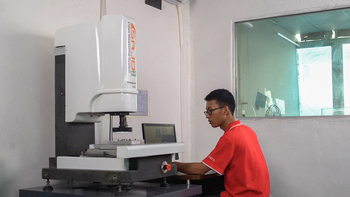
Struggling to achieve precision and a smooth finish in your aluminum castings?
Poor casting techniques or incorrect alloy selection lead to issues like porosity, uneven surfaces, and dimensional inaccuracies.
By optimizing your material choice and process, you achieve higher-quality results with minimal defects.
Ensuring high quality and precision in aluminum casting requires attention to detail at every step of the process. Here are some strategies to ensure top-quality results:
Alloy Selection: Choose an alloy that matches the specific requirements, such as fluidity, strength, and cooling characteristics.
Mold Design: Well-designed molds minimize issues like shrinkage and porosity, ensuring that the alloy fills the mold efficiently and cools evenly.
Post-Processing: Techniques like heat treatment, machining, and surface finishing improve the precision and durability of the casting, giving it the desired mechanical properties.
Choosing the best aluminum alloy for casting is essential for ensuring that your product meets performance and durability standards. By carefully considering factors such as alloy properties, casting methods, and specific application needs, you ensure high-quality and cost-effective results.